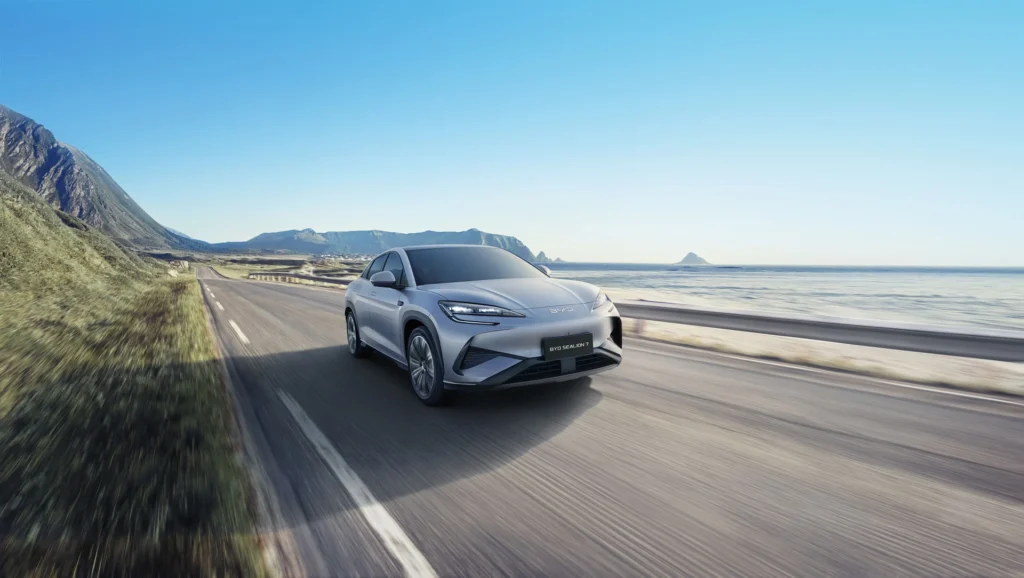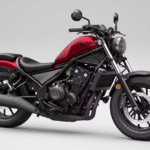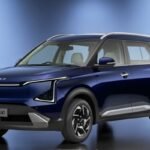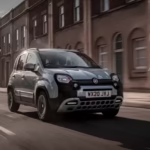
In a significant shake-up of the Australian electric vehicle (EV) market, the newly launched BYD Sealion 7 has officially overtaken the Tesla Model Y to become the country’s best-selling EV, according to April 2025 sales data released by the Federal Chamber of Automotive Industries (FCAI).
The Sealion 7, BYD’s latest midsize electric SUV, recorded an impressive 3,457 unit sales in April, narrowly edging out Tesla’s Model Y, which posted 3,262 units during the same period. This marks the first time a non-Tesla EV has taken the top spot in Australia since the Model 3’s debut in 2019.
Industry analysts view this as a landmark moment, highlighting the growing strength and appeal of Chinese EV manufacturers in global markets, particularly in regions like Australia where affordability, range, and tech features are top priorities for buyers.
“The BYD Sealion 7 offers a compelling blend of value, advanced technology, and styling that resonates with Aussie consumers,” said automotive analyst Mark Davies. “This isn’t just about pricing – BYD is proving it can challenge the very best.”
The BYD Sealion 7 has been lauded for its modern design, smart tech, and competitive pricing. Available in both single-motor RWD and dual-motor AWD variants, the Sealion 7 features BYD’s cutting-edge Blade Battery technology, offering real-world ranges between 500–600 km per charge.

Key highlights include:
- Starting price: AUD $48,990 (before on-road costs)
- Interior tech: 15.6” rotating infotainment screen, intelligent voice control, 360-degree cameras
- Safety: 5-star ANCAP rating with full ADAS suite
- Charging: 150kW DC fast charging, 11kW AC charging
The Sealion 7 is also backed by an 8-year/160,000 km battery warranty, reassuring buyers concerned about long-term EV maintenance.
Tesla has long dominated Australia’s EV space, with the Model Y being the top-selling electric vehicle for the past two years. However, rising competition from BYD, MG, and Hyundai is beginning to chip away at Tesla’s dominance.
Despite still commanding strong brand loyalty, Tesla has been criticized for relatively high prices, lack of physical service centers in some regions, and software features locked behind premium subscriptions.
“Tesla still has a strong ecosystem advantage,” noted EV journalist Tahlia Jenkins, “but Australian consumers are more price-sensitive than ever, and that’s where brands like BYD are making serious gains.”
BYD, distributed locally by EVDirect, has rapidly expanded its dealer network across Australia, with over 80 showrooms and service centers nationwide. The company also plans to introduce more models, including the Seagull city hatchback and Tang full-size SUV, further diversifying its lineup.
The Sealion 7’s success builds on BYD’s strong momentum in Australia, where the Atto 3 and Dolphin have already been well received by budget-conscious and urban buyers.
With more competition entering the market and government incentives continuing to support EV adoption, Australia’s electric vehicle landscape is set for more disruption in 2025. Experts predict that total EV sales could top 150,000 units by year’s end, a 70% increase over 2024.
Meanwhile, Tesla is expected to respond with localized price adjustments and possibly refreshed versions of the Model Y and Model 3 to maintain its foothold.
For now, however, the crown belongs to the BYD Sealion 7 — a symbol of how far Chinese EV makers have come, and a sign that the race for EV dominance in Australia is only just beginning.





